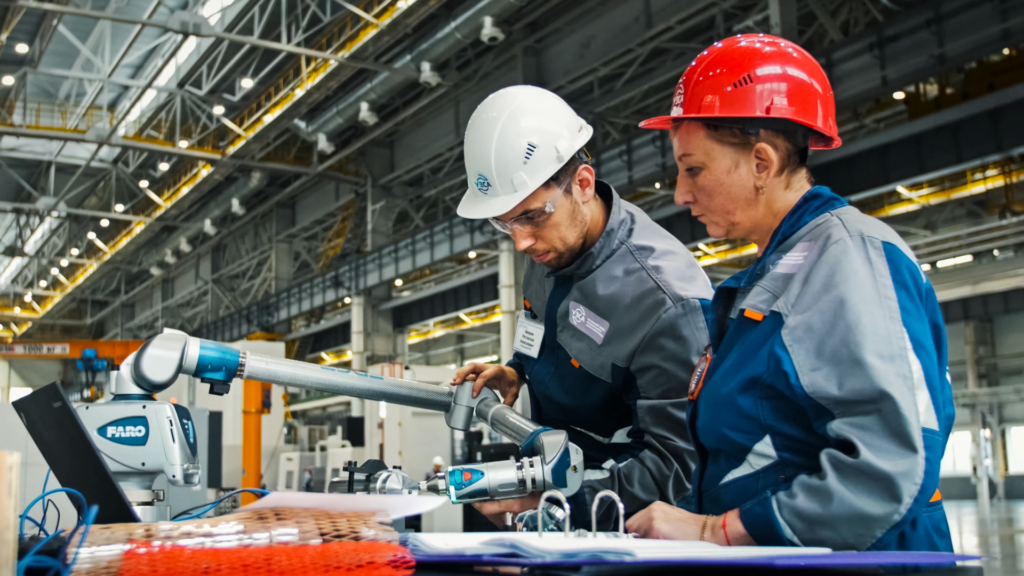If you’ve looked for work recently, you know the employment market is not the same as it used to be. Jobs are changing, fast, thanks to technology and a rise in “gig” work. These changes have made organizations like Teamsters 987 more important than ever, as we help workers advocate for safe, secure employment.
Automation and the rise of artificial intelligence are having a rapid impact on roles in every industry. Technology can be a double-edged sword. On one hand, automation and AI can help with mundane tasks, allowing people to do more meaningful work. On the other, it can also be a means of control (for example, through time-tracking programs). Its use can affect the quality and intensity of work, and how people experience their workplace.
A move toward less stable work has also affected people. Around 7.3 million adults in Canada are gig workers — that’s one in five — and most are working on top of their regular jobs to make ends meet. An increasing number of people have turned to contract work, but not always out of preference — employers have been less inclined to hire permanent employees, and more inclined to classify them as “temporary” or “contract” workers, eliminating the need to provide benefits at an additional cost. Statistics Canada reported in the last quarter of 2022 that around 870,000 Canadians relied on contract or freelance work for their income.
The benefits of collective bargaining
These trends have pushed many workers into precarious and unstable positions. As jobs change, wages fail to keep up with the cost of living, and companies move towards short-term contracts, it’s more important than ever that workers have access to safe, fair working conditions.
Unions have always played an important role in making sure workers’ voices are heard. Organizations like Teamsters 987 offer support and guidance to unionized workers as they negotiate working conditions with their employers. This “first contract,” which sets standards for things like wages, hours and overtime, healthcare benefits, safety, seniority, and more, is the result of what’s known as “collective bargaining.”
How does collective bargaining work?
Collective bargaining, also known as contract negotiations, is when workers come together to negotiate better working conditions with their employer.
The employees choose representatives from their group who will have discussions and collect information about working conditions, what needs to be improved, or issues that need to be resolved. The employer and the group of workers then begin to negotiate (collective bargaining) to come to an agreement, which the group of workers will vote on (this is the ratification process). The agreement is only implemented if the majority of the workers agree to the terms.
What part does the union play in collective bargaining?
In a rapidly changing work environment, collective bargaining is essential to ensuring fair conditions for workers. As automation and AI transform — or displace — roles, unions can continue to advocate for policy changes and negotiate agreements that benefit and protect workers. Wales TUC Cymru suggests technology is important enough to need its own set of negotiations, and that unions can play key roles in ensuring:
- Quality of work. Automation doesn’t guarantee “better” work. Unions can push for standards that ensure employers don’t begin to devalue or deskill jobs.
- Health and safety standards. Depending on the role, issues like ergonomics, intensity, and isolation could become issues for workers.
- Remote work. COVID-19 started a shift in how we work, and some unions are helping negotiate new terms and agreements that benefit workers who are able to work from home.
One thing’s for sure — work is changing, and unions like Teamsters 987 can play a role in making sure workers know their rights and receive fair treatment. If you’re interested in starting a union at your workplace, get in touch. We’re here to help you with every stage of the process.






Comments are closed.